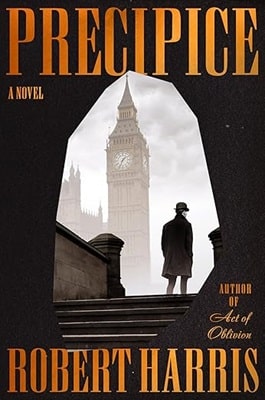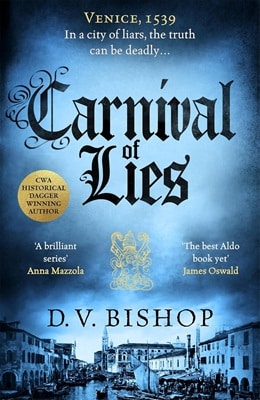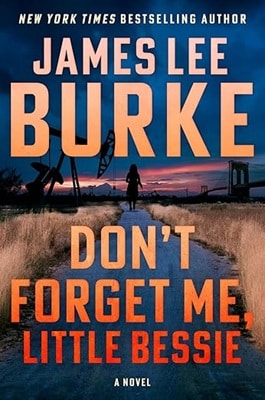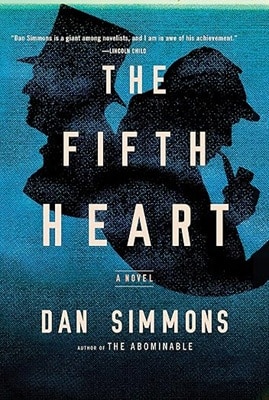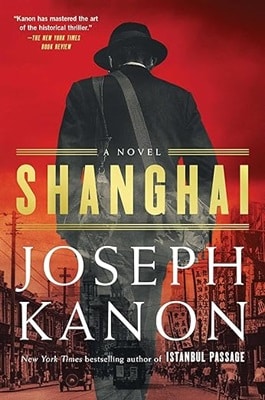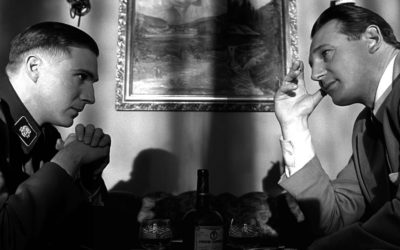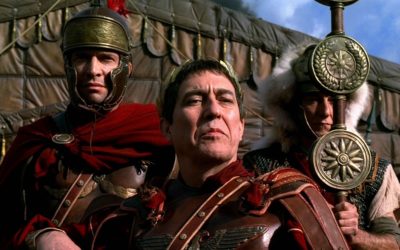Book Review
Precipice
reviewed by Warner Holme
Robert Harris’s Precipice is a novel set just before World War I from a man known for his mastery of playing with history. In this, he deals with Venetia Stanley, an upper-class young woman who is having an affair with Prime Minister H.H. Asquith, and her point of view is paramount over his, even as there appears to be a disturbing intelligence leak that could bring the administration down.
A note at the start mentions that many of the missives inside are actual historical documents. This both bolsters Harris’s reputation as a historical writer in the reader’s mind and provides considerable grounding.
The incorporation is seamless, with most acting as necessary material for Venetia Stanley’s characterization and her reflections on the emotional affair she is having with her employer.
As Robert Harris is a known name in historical thrillers, the individual story and particular era become key details. The weight of the impending war is made clear at multiple points, with page 152 noting, “The Prime Minister tried to imagine what millions meant,” and the sheer scale of the coming war when his own advisors thunder their best comparison point is decades old. On page 138, it is noted that “The German Ambassador called in to see him… plead with him in fact” in an effort to prevent outright war involving the UK. It is a simple-seeming line but one that manages to quite directly illustrate that, for one reason or another, the different parties did not want to come into conflict. It is a far cry from the caricatures one finds in wartime fiction like Arthur Conan Doyle’s His Last Bow, without ever quite moving into the territory of fiction a sympathizer would have produced at the time.
The quality tracing of the characters continues throughout, with Venetia’s likely motivations repeatedly being detailed as she wonders about her decision to have the affair, yet also considers the many risks they both take. The build in her decisions is believable and entertaining. Other characters are similarly well-drawn, from historical figures like the Prime Minister to more wholly fictitious characters like Paul Deemer. While this may not be enough to make it a character-focused book, it is certainly workable in that way.
After the narrative proper, there is a section titled “Historical Note,” providing some details about the lives of the Prime Minister, Venetia Stanley, and other major players throughout the war and in the decades afterward. It works well in context, to be sure. While the last bit of editorializing might be a little possessive for some, an author does become such for their characters.
Following this is a more than respectable assortment of acknowledgments, which includes an impressive bibliography of sources, helping to explain exactly how Harris got access to the letters and missives that are reproduced verbatim in the book.
Overall, this is another fine read from a major name in the genre. Further, unlike his breakout Fatherland, it sticks mostly within the realm of real-world history
More Historical Thrillers
advertisement
Historical Thriller Features
Historical Psychological Thrillers
How historical psychological thrillers stack up against psychological thrillers
Offbeat World War Two Thrillers
Nine World War Two thrillers that don’t follow the usual storylines
Thrillers in Rome
Historical thrillers set against the backdrop of ancient Rome

